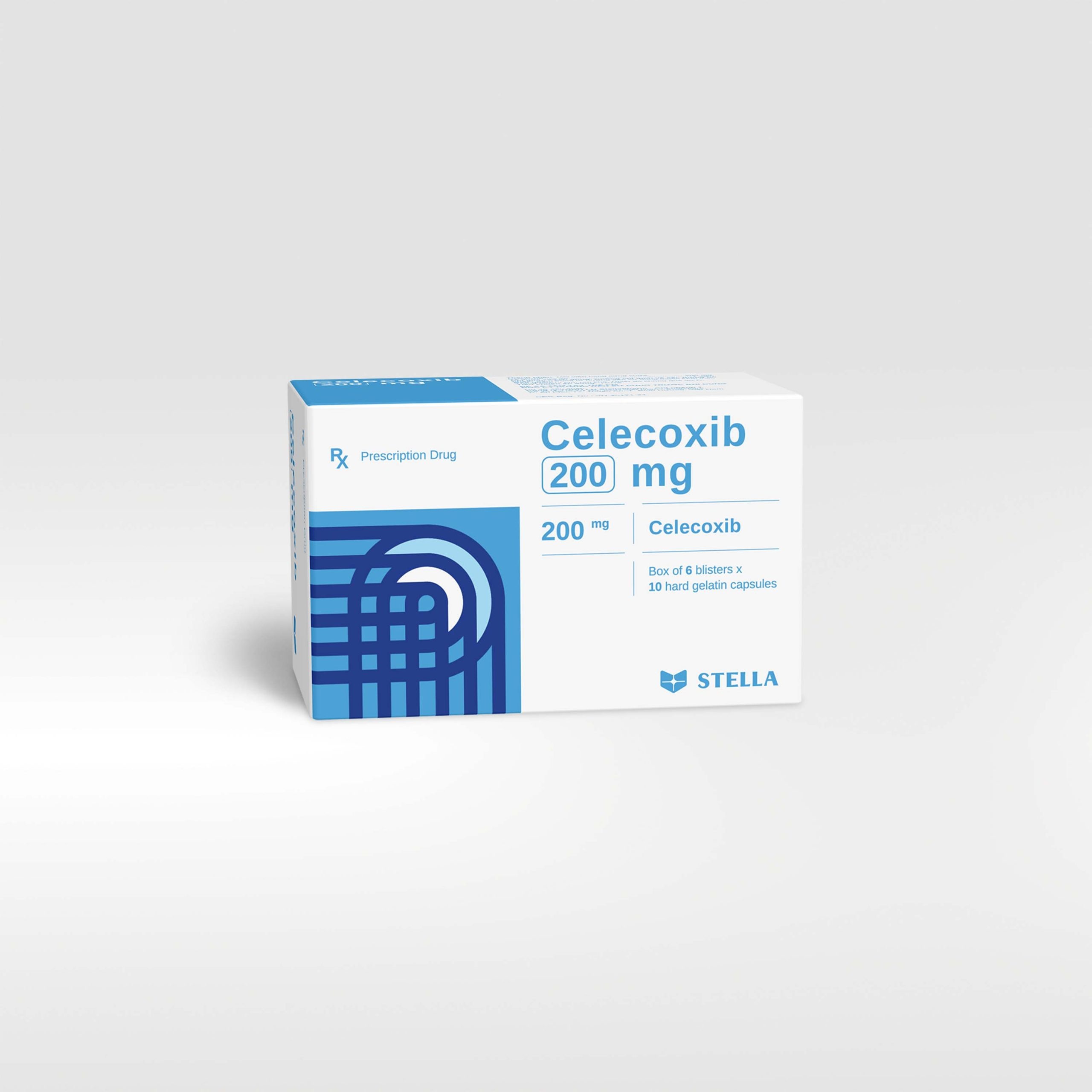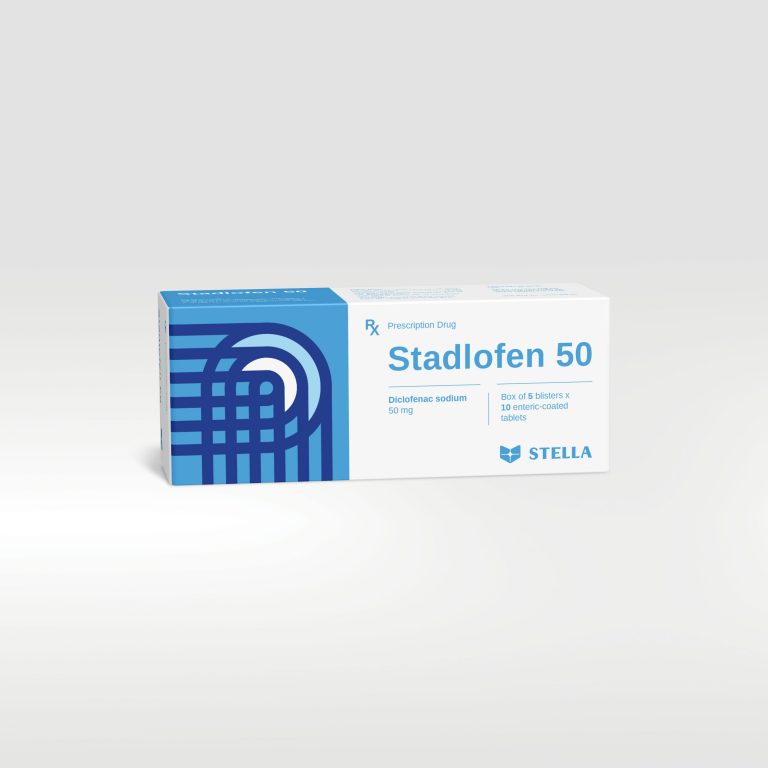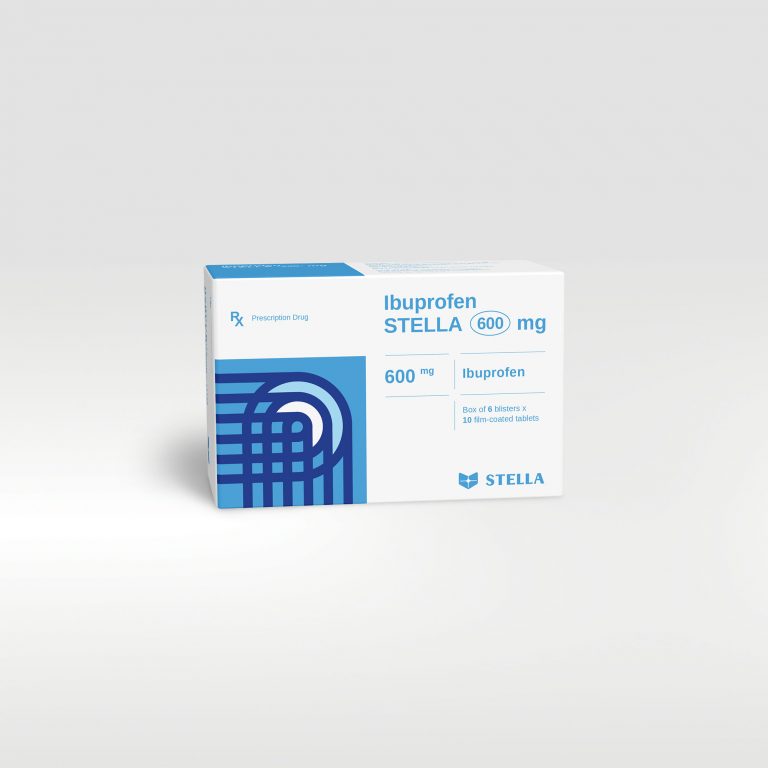Cardiovascular effects
- Risk of cardiovascular thrombotic events: Systemic non-aspirin nonsteroidal anti-inflammatory drugs (NSAIDs) cause an increased risk of serious cardiovascular thrombotic events, including myocardial infarction and stroke, either of which can be fatal.
- Hypertension: Celecoxib can lead to the onset of new hypertension or worsening of pre-existing hypertension.
- Fluid retention and oedema: Fluid retention and oedema have been observed in patients taking celecoxib.
Gastrointestinal (GI) effect
- Most spontaneous reports of fatal GI events have been in elderly or debilitated patients.
Renal effects
- Patients at greatest risk for renal toxicity are those with impaired renal function, heart failure, liver dysfunction and the elderly. Such patients should be carefully monitored while receiving treatment with celecoxib.
- Caution should be used when initiating treatment in patients with dehydration. It is advisable to rehydrate patients first and then start therapy with celecoxib.
Advanced renal disease
- Renal function should be closely monitored in patients with advanced renal disease who are administered celecoxib.
Anaphylactoid reactions
- Anaphylactoid reactions have occurred in patients exposed to celecoxib.
Serious skin reactions
- Serious skin reactions, some of them fatal, including exfoliative dermatitis, Stevens-Johnson syndrome, and toxic epidermal necrolysis.
Hepatic effects
- Celecoxib should be used with caution when treating patients with moderate hepatic impairment (Child-Pugh Class B), and initiated at half the recommended dose.
- Rare cases of severe hepatic reactions, including fulminant hepatitis (some with fatal outcome), liver necrosis, and hepatic failure (some with fatal outcome or requiring liver transplant), have been reported with celecoxib.
- A patient with symptoms and/or signs of liver dysfunction, or in whom an abnormal liver function test has occurred, should be monitored carefully for evidence of the development of a more severe hepatic reaction while on therapy with celecoxib.
Use with oral anticoagulants
- In patients on concurrent therapy with warfarin or similar agents, serious bleeding events, some of them fatal, have been reported.
Systemic onset JIA
- NSAIDs including celecoxib should be used with caution in patients with systemic onset JIA, due to the risk of disseminated intravascular coagulation.
General
- By reducing inflammation, celecoxib may diminish the utility of diagnostic signs, such as fever, in detecting infections.
- The concomitant use of celecoxib and a non-aspirin NSAID should be avoided.
CYP2D6 inhibition
- Celecoxib has shown to be a moderately potent CYP2D6 inhibitor. For drugs that are metabolized by CYP2D6, a dose reduction during initiation of celecoxib treatment or a dose increase upon termination of celecoxib treatment may be necessary.
Excipients
- Patients with rare hereditary problems of galactose intolerance, total lactase deficiency or glucose-galactose malabsorption should not take this medicine.
Fertility
- Consider withdrawal of NSAIDs, including celecoxib, in women who have difficulties conceiving or who are undergoing investigation of infertility.
Pregnancy
- Celecoxib, as with other drugs inhibiting prostaglandin synthesis, may cause uterine inertia and premature closure of the ductus arteriosus and should be avoided during the third trimester of pregnancy.
- Celecoxib should be used during pregnancy only if the potential benefit to the mother justifies the potential risk to the fetus.
Effects on ability to drive and use machines
- Patients who experience dizziness, vertigo or somnolence while taking celecoxib should refrain from driving or operating machinery.













